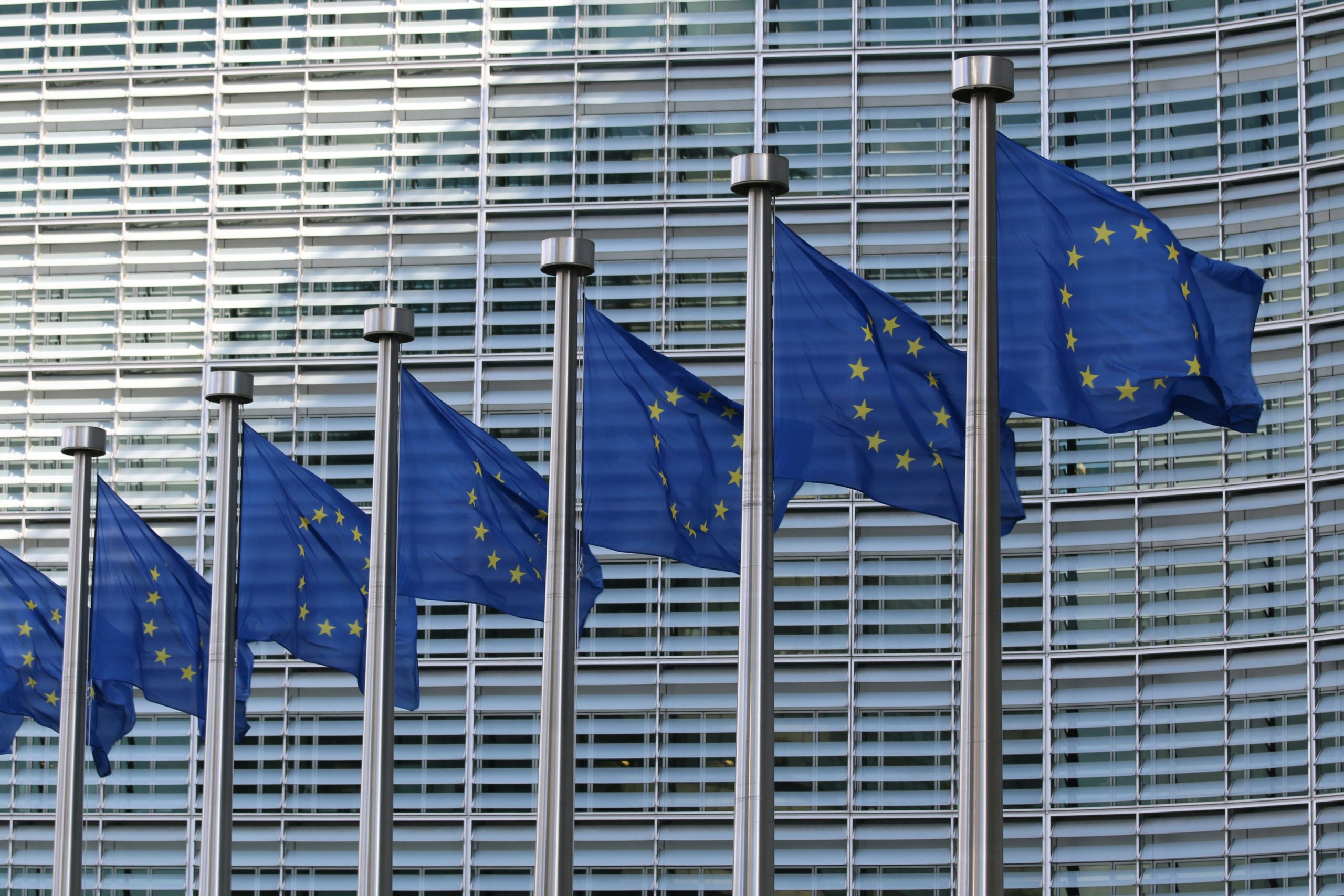A new European Parliament and Commission are slated to assume their positions in early autumn of this year. The Commission is expected to reveal its program and working priorities for 2024-2029 by the end of September. This intensive three-day visit to Brussels aims to acquire a deeper understanding of its daily functions and how individuals outside the city can effectively interact with EU stakeholders, national representatives, or trade associations to improve their chances of success in legislative endeavors. The countries in the Central and Eastern European (CEE) region hold considerable untapped potential, which should not be underestimated and must be fully utilized, including by large multinational corporations.
Program:
The interface between national and EU level in a nutshell (policies, processes, decision making, comitology).
Overview of the key institutions and stakeholders of relevance for member states’ lobbyists. (MEPs, PerReps, Commissioners, trade associations, etc.).
- PA Representation in Brussels.
How to maximize your chances for success in the Brussels bubble – what is important, what is not.
A dialog with a representative of the Commission on transparency measures and external impact on the formulation of new legislation + public consultations unit)
- What do the negotiations in Council working groups look like?
What arguments and inputs from companies are welcomed & how, and what is the potential for a change (Jakub Černohorský, Czech PermRep).
- How do MEPs work & how to work with them
(Assistant to MEP)
- Big trade associations, how to work with them
(Martin Pejřimovský + representative of a trade association)
- Brussels-based PA agencies & their specificities
(Martin Pejřimovský)
- The role of Brussels-based informal networks
(Young Professionals in Energy, Daniel Měsíc / Od Tatier k Schumanu, Erik Zolcer…)
A representative of a firm or trade association – Confederation of Industry representative in Brussels, someone from a company/consultancy experienced in multi-market lobbying (Carolina Müller from Markant / James Watson from Eurogas, PG)
- What is Brussels Impact Assessment, and how to work with it?


